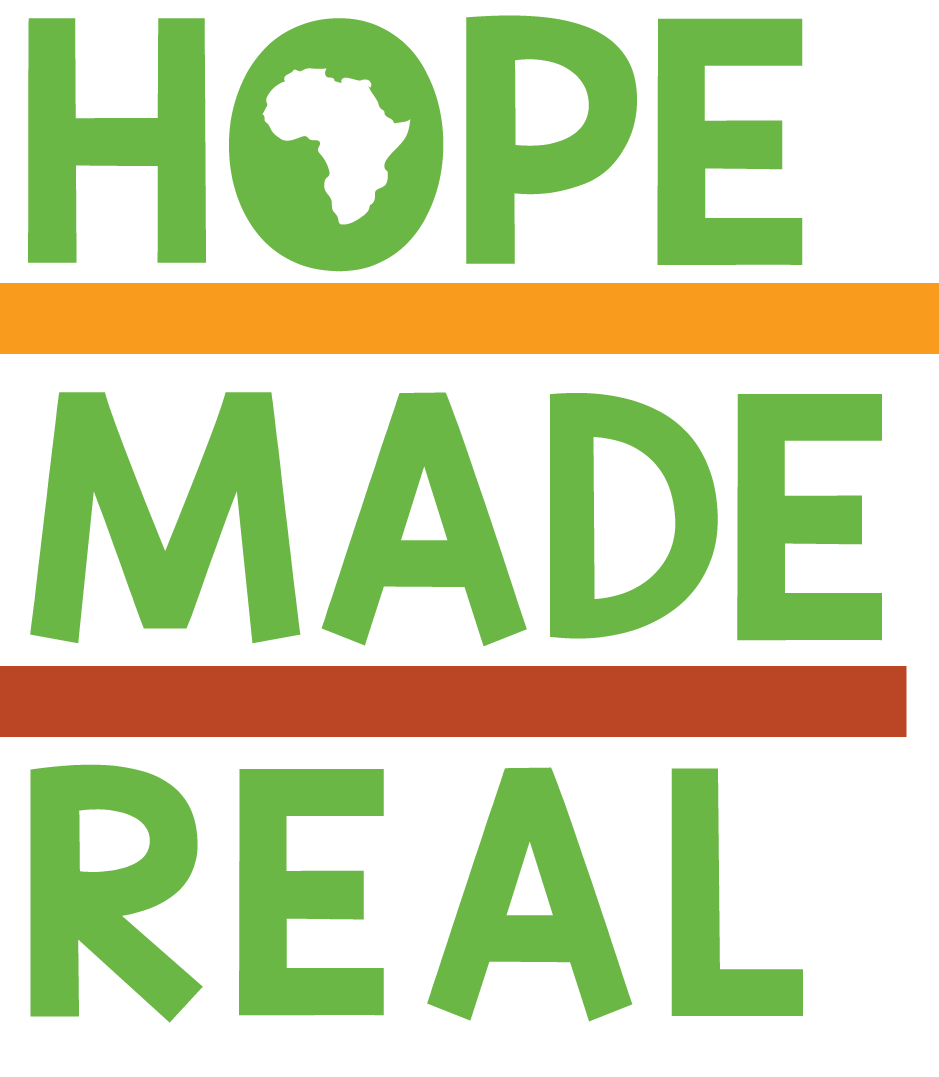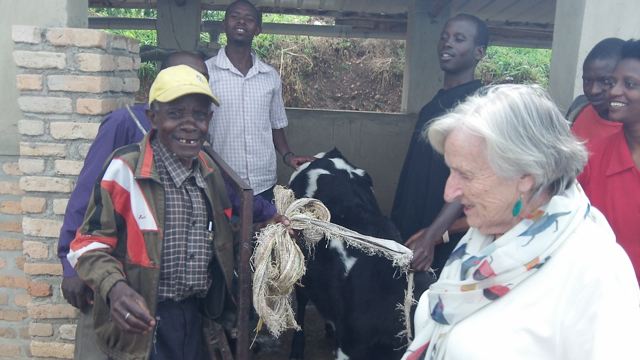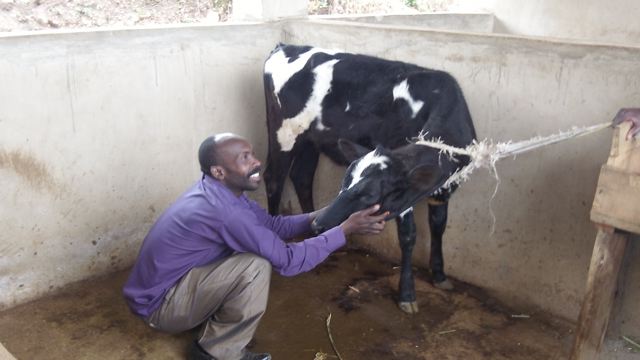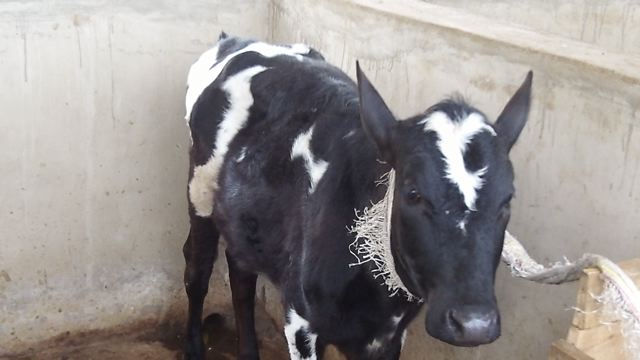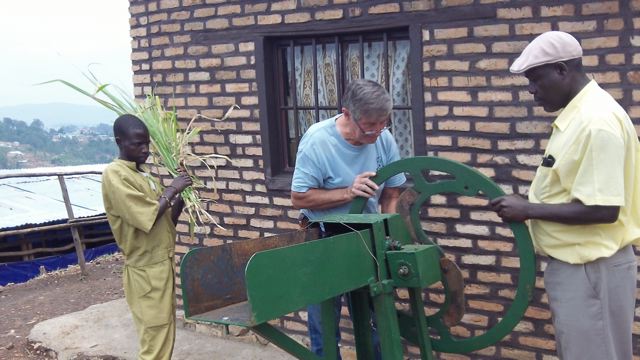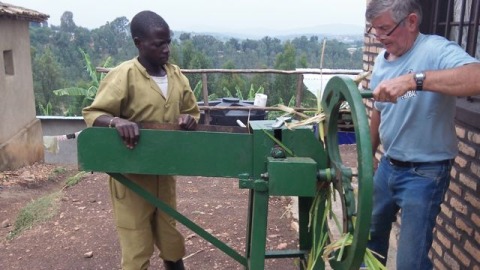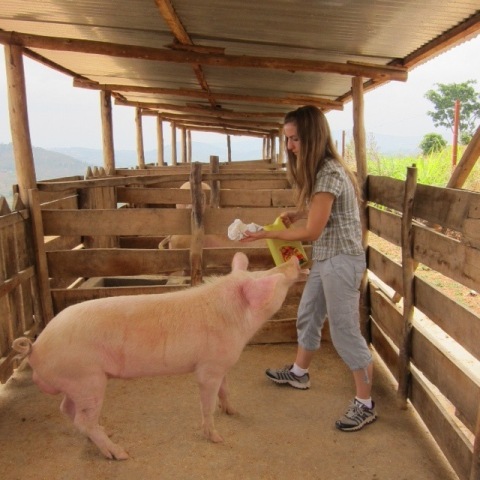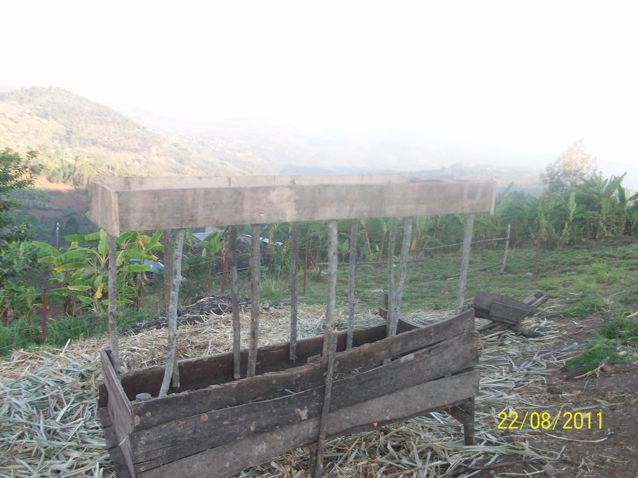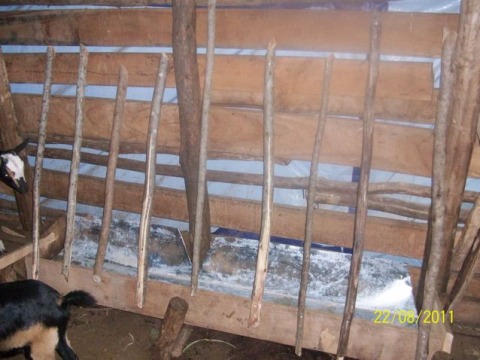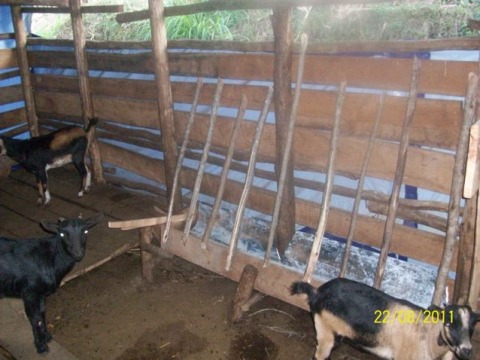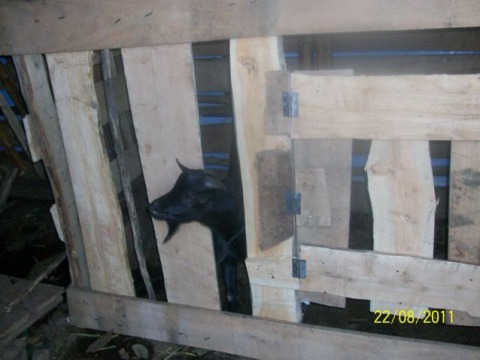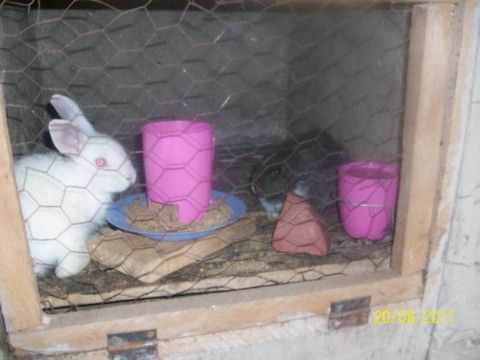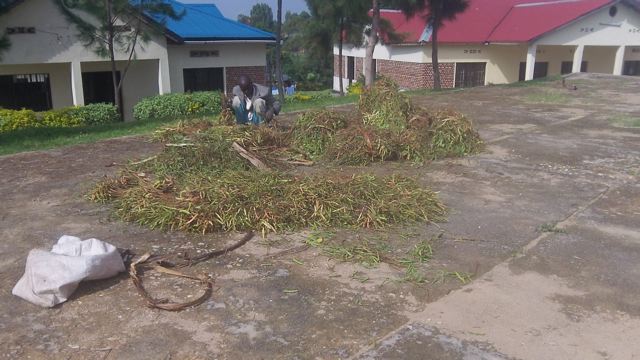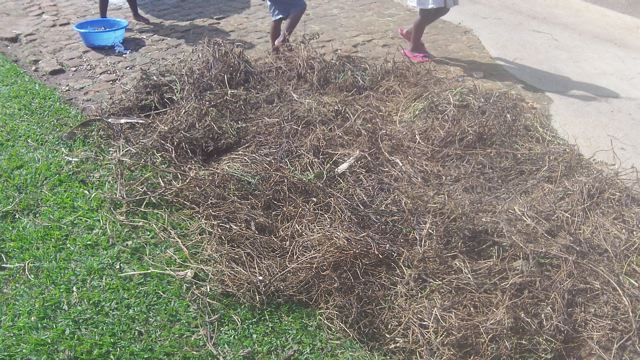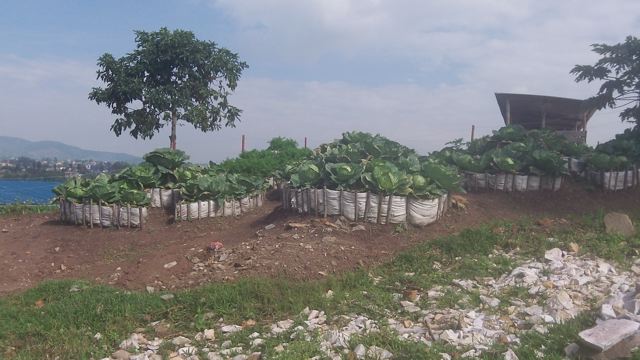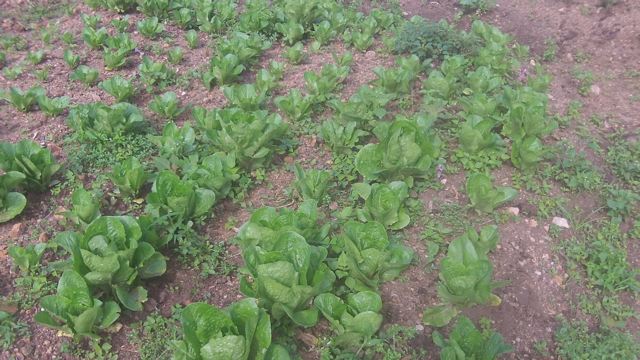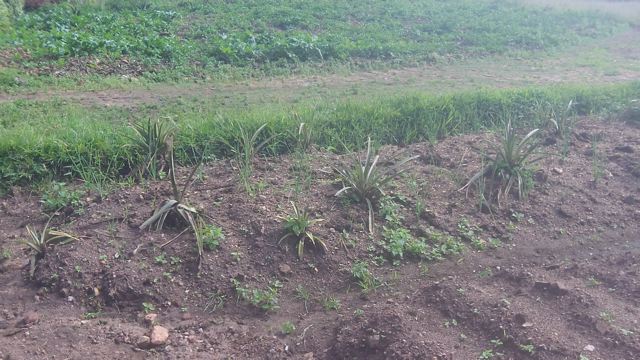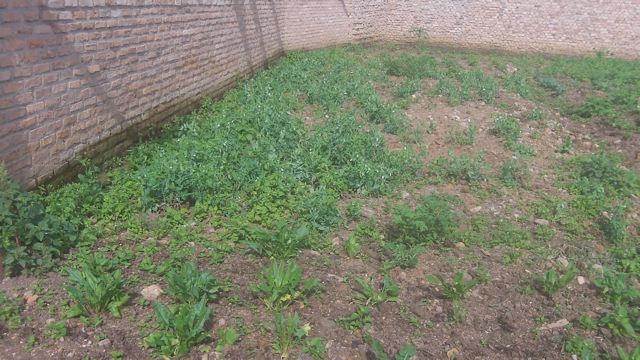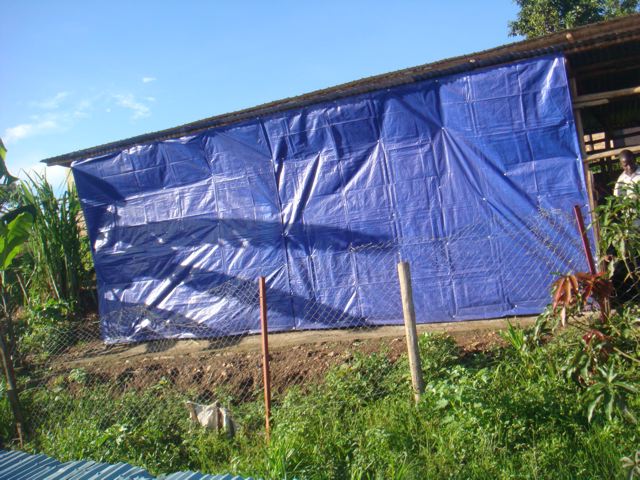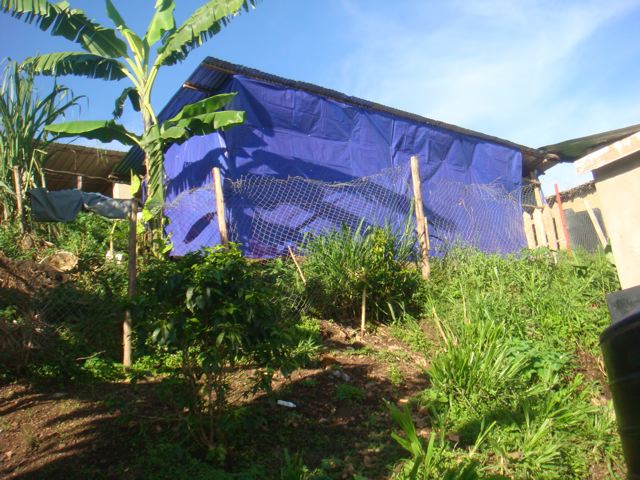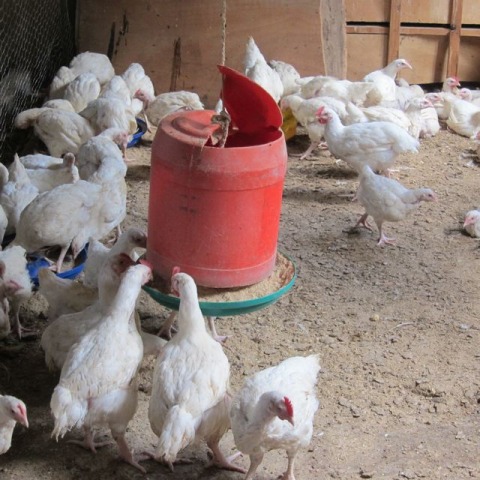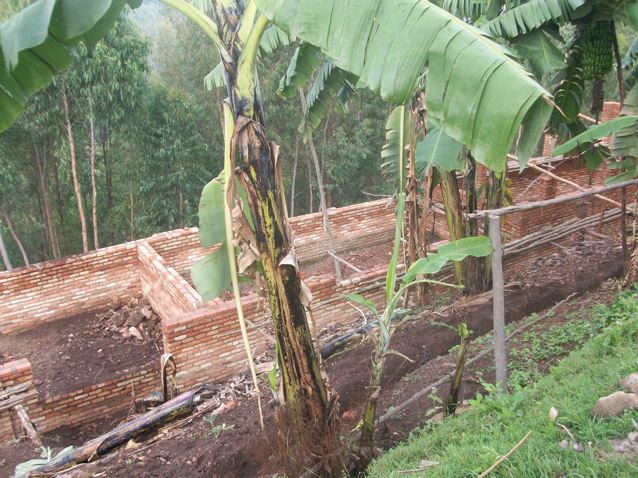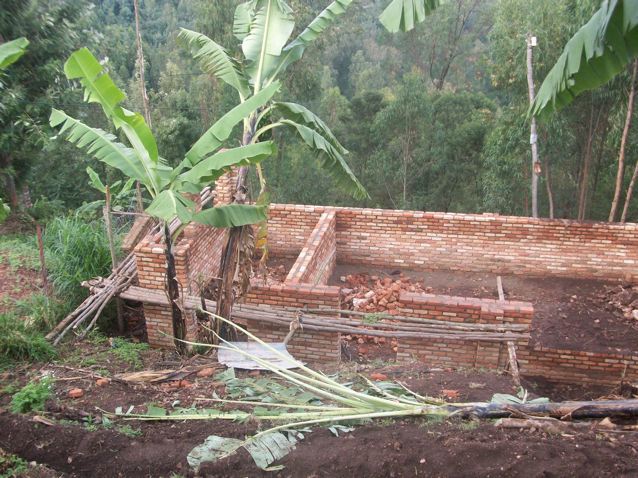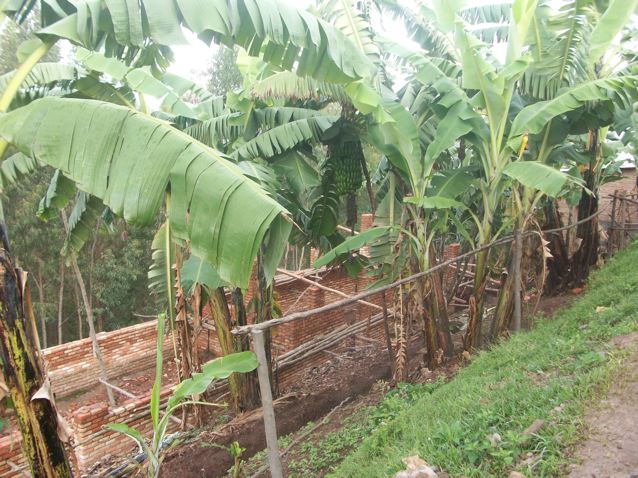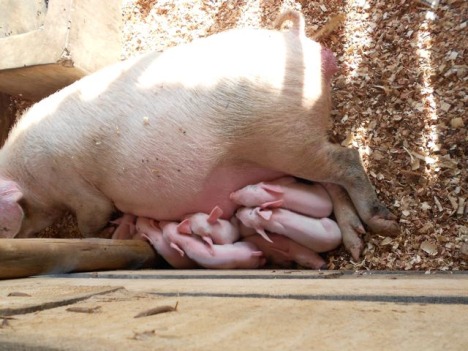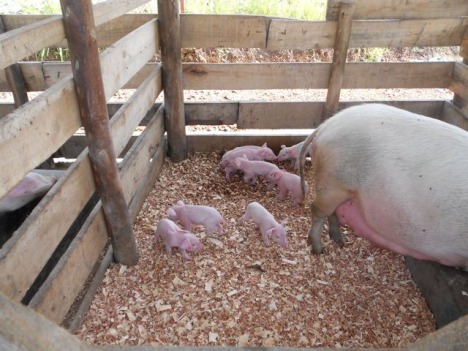Here are the facts. We hope to be a self sufficient organization one day. For the last four years we have taken definite steps toward making this HOPE REAL. It is happening. In 2007, with the vision already in place, we purchased our first land which we used for the chickens. The poultry farm started with this piece of land, 1 small house and 40 Rwandan free-range chickens. It has now grown to 2 large houses and 300 quality layers. The original small house is now an incubator for baby chicks, layers to replace older layers when they stop producing and become the makings of chicken soup. Our chickens provide eggs for our children - one egg a week for our preschool kids - and we have a good market in the Gitarama and Ream hotels which buy all the eggs we can produce. Some customers order from Kigali - our eggs are good eggs!
Alongside the layers we have 4 houses for broiler chickens. Broilers are raised for meat and we have 200 in each house. They are purchased as day old chicks, raised for 3 months and shipped to the market. These are also sold by the kilo. Each month the oldest chickens go to market and new day old chicks take their place.
Next on the production chain are rabbits. We have a rabbit hutch big enough for 60 rabbits. We sell the overflow to others who want to start their own hutches and we slaughter and freeze the rest. It is a good meat for our kids and we also sell it to the community. Goats are raised only for meat. We just slaughtered 6, packaged and froze them for future use. We do not keep a lot of them as they are hard to control. They can escape through the tiniest holes in the fence. Then they are never seen again.
We are blessed to have been given a donation to buy a large freezer by a group in Canada. Our electricity fluctuates but the generator kicks on and all is well. We are able to freeze meat and vegetables to help
with food costs.
Another revenue source is our pigs. Yes, we do breed pigs. We have 5 mama pigs and one strong male. Each mama gives birth to 9 or more piglets at a time. The piglets sell very well. We may in time butcher
pigs, but not yet. Pork is not a big seller in the country markets. Rwandans are just beginning to appreciate pork and to serve it in some restaurants.
We have two cows. One gives enough milk for our babies, the second one will give birth in two months and we will have milk for all the kids. In time with our own eggs and milk we hope to start a small bakery.
We will experiment on our own kids and if the bread and cakes are good we could start a small business in the community.
With manure from pigs and cows we have developed a Bio-gas field and now cook with bio-gas instead of all wood. We are helping the environment, having less smoke in our kitchen and making a healthier
work place for our cooks.
Our vegetable gardens are awesome. We harvest, feed our kids, share with our neighbors and sell in the market. Felicitie and Benjimin are in charge of the gardens.
LOOKING AHEAD
Next months presentation will be the Urukundo Learning Center.
I would like to be able to report then that the school is ready to receive 50 students in January 2013 but unless the funding happens the school will not be ready for the new term. If you intended to contribute to the building fund and have been putting it off now would be a good time to include that in your end of the year giving Hope Made Real is a 501c3 organization.
